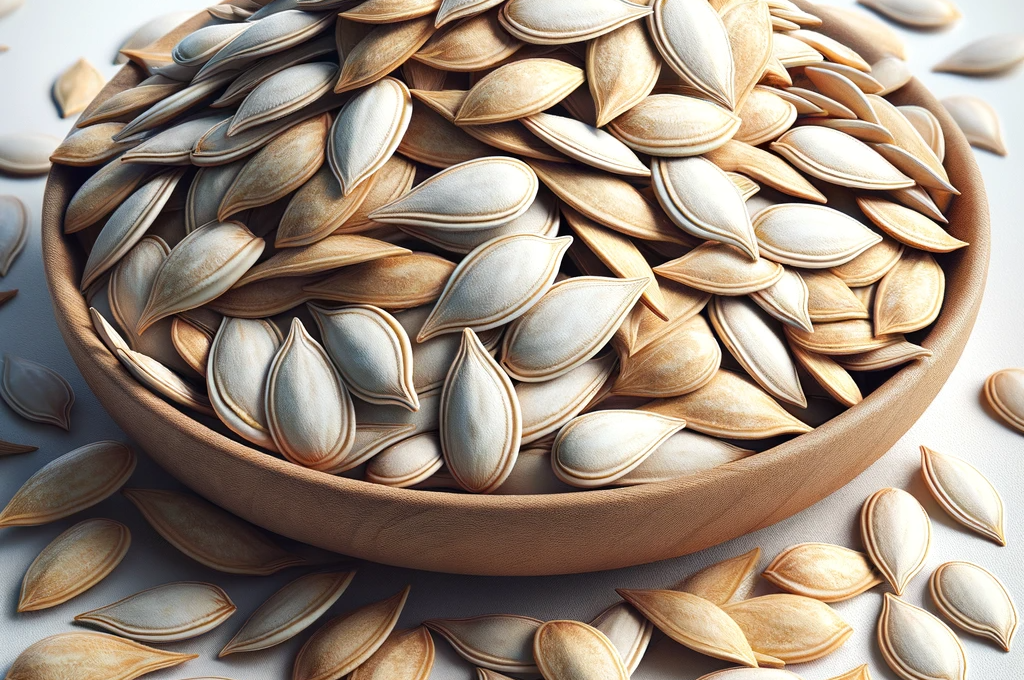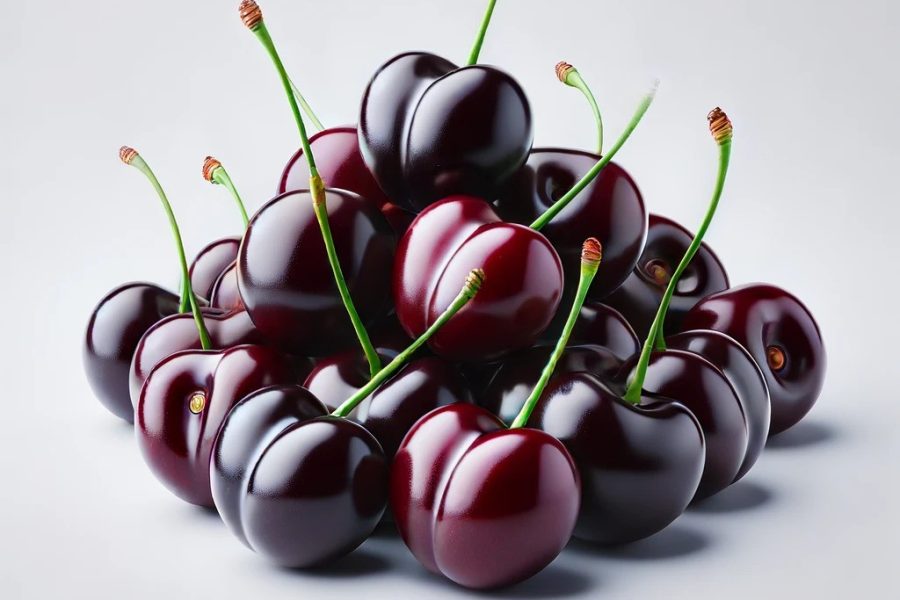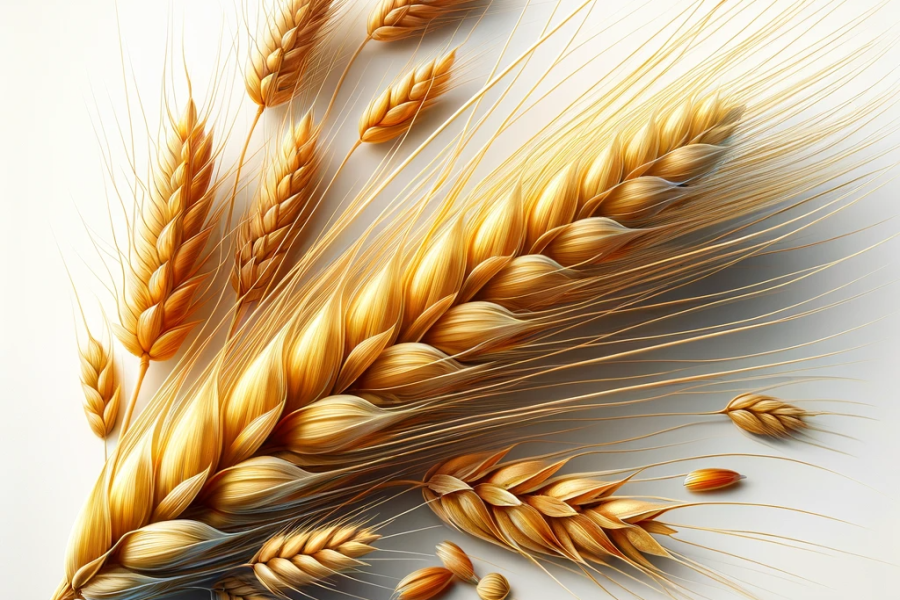Pumpkin seeds, or “pepitas” as they’re sometimes called, are not just the byproduct of your Halloween carving session. These little seeds are a nutritional treasure trove, packed with flavor and health benefits.
Fun Facts:
- From Snack to Oil: Apart from being a crunchy snack, pumpkin seeds can be pressed to produce pumpkin seed oil, which is a culinary specialty in some places.
- Historical Nibbles: Native Americans have been using pumpkin seeds for food and medicine for centuries. Talk about a longstanding health hack!
- Gardening Gold: If you’re into gardening, saving these seeds can help you grow your very own pumpkin patch next year.
- Not Just Orange: While we associate pumpkins with orange, pumpkin seeds are typically a creamy white or green hue.
Nutritional Facts:
Pumpkin seeds are a source of healthy fats, magnesium, zinc, and other beneficial nutrients. They’re a plant-based protein champ, making them a great snack for vegetarians and vegans.
Now, let’s break down the nutritional content of pumpkin seeds in a table, with the % RDA based on an average adult diet of 2,000 calories. Beneficial nutrients above 10% RDA are bolded.
| Nutrient | Amount per 100g | % RDA |
|---|---|---|
| Calories | 446 | 22.3% |
| Protein | 18.5g | 37% |
| Carbohydrates | 53.75g | 17.9% |
| Fiber | 18.4g | 73.6% |
| Sugar | 1.4g | – |
| Fat | 19.4g | 29.8% |
| Vitamin K | 51.4μg | 42.8% |
| Magnesium | 592mg | 141% |
| Phosphorus | 1233mg | 176.1% |
| Potassium | 919mg | 19.6% |
| Zinc | 7.81mg | 71% |
| Copper | 1.34mg | 148.9% |
| Manganese | 4.54mg | 197.4% |
| Selenium | 9.4μg | 17.1% |
Antioxidants:
These small but mighty kernels are loaded with substances that help fend off cellular damage. Rich in Vitamin E, zinc, phenolic compounds, and phytosterols, pumpkin seeds offer a shield against oxidative stress. This not only supports overall cellular health but also plays a role in reducing inflammation and protecting against various chronic diseases.
| Antioxidant | Found in Pumpkin Seeds | Known Benefits |
|---|---|---|
| Vitamin E | High | A fat-soluble antioxidant, important for skin health and protecting cells from oxidative stress. |
| Zinc | High | Supports the immune system and has antioxidant properties that help protect cells. |
| Magnesium | Moderate | While not an antioxidant itself, it plays a role in antioxidant defense systems in the body. |
| Selenium | Moderate | An essential mineral with antioxidant properties, supports thyroid function. |
| Phenolic Compounds | High | Includes various compounds like lignans, which have antioxidant and anti-inflammatory effects. |
| Phytosterols | High | Plant compounds with antioxidant properties, also known for reducing cholesterol levels. |
In this table, the antioxidants that are particularly abundant in pumpkin seeds are highlighted.
Fats:
While fats often get a bad rap, certain types, like unsaturated fats, are essential for good health.
| Type of Fat | Found in Pumpkin Seeds | Known Benefits |
|---|---|---|
| Total Fat | 19.4g per 100g | Overall fat content, including all types below |
| Saturated Fat | 3.7g per 100g | Less beneficial; should be consumed in moderation |
| Monounsaturated Fat | 5.23g per 100g | Good for heart health; helps lower bad cholesterol levels |
| Polyunsaturated Fat | 8.93g per 100g | Includes omega-3 and omega-6 fatty acids; essential for brain function and cell growth |
| Trans Fat | Negligible | Artificial trans fats are harmful; avoid when possible |
In this table, the beneficial fats (monounsaturated and polyunsaturated) are highlighted. Pumpkin seeds are a great source of these healthy fats. Monounsaturated fats are good for heart health and can help reduce bad cholesterol levels. Polyunsaturated fats, which include essential fatty acids like omega-3 and omega-6, are crucial for brain function and cell growth. Remember, while it’s important to manage overall fat intake, including these beneficial fats in your diet is key to maintaining good health.
Pumpkin seeds are like nature’s tiny nutritional powerhouses, perfect for a quick snack or as a crunchy addition to salads, oatmeals, and other dishes. So, next time you’re carving a pumpkin, think twice before tossing those seeds! 🎃🌱💪



